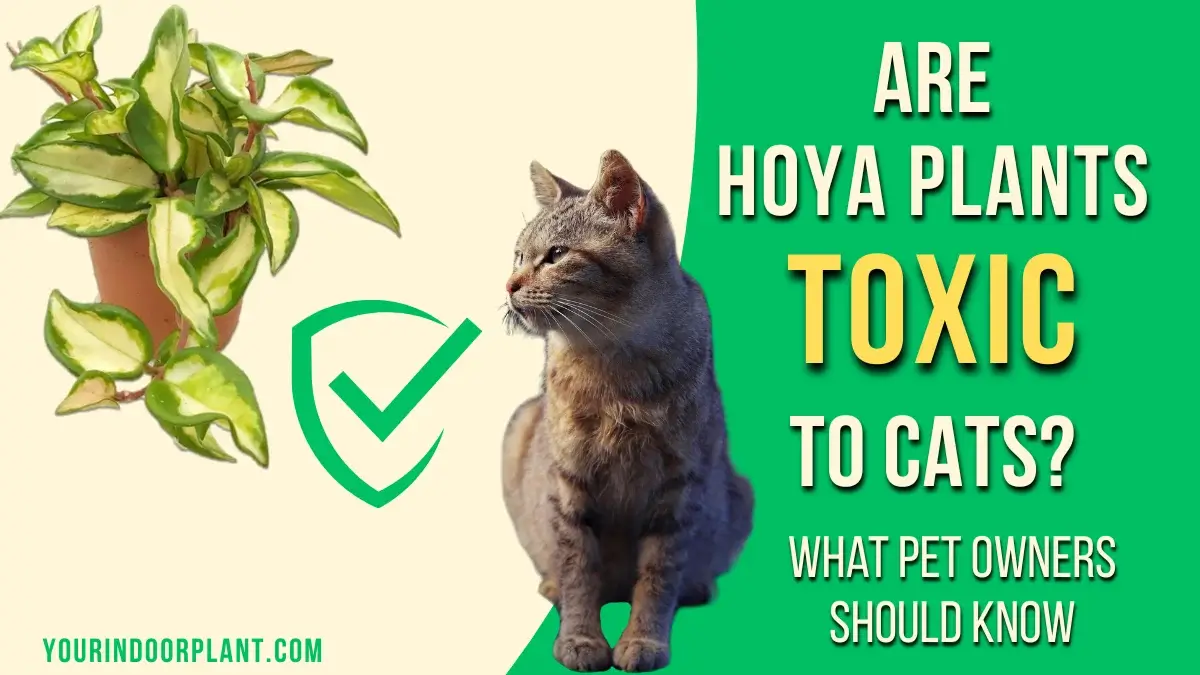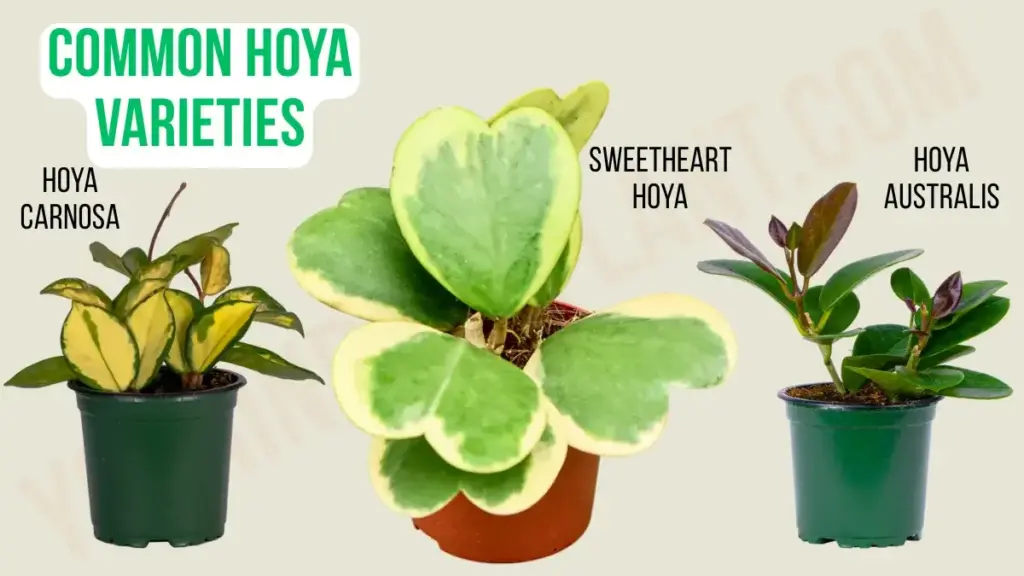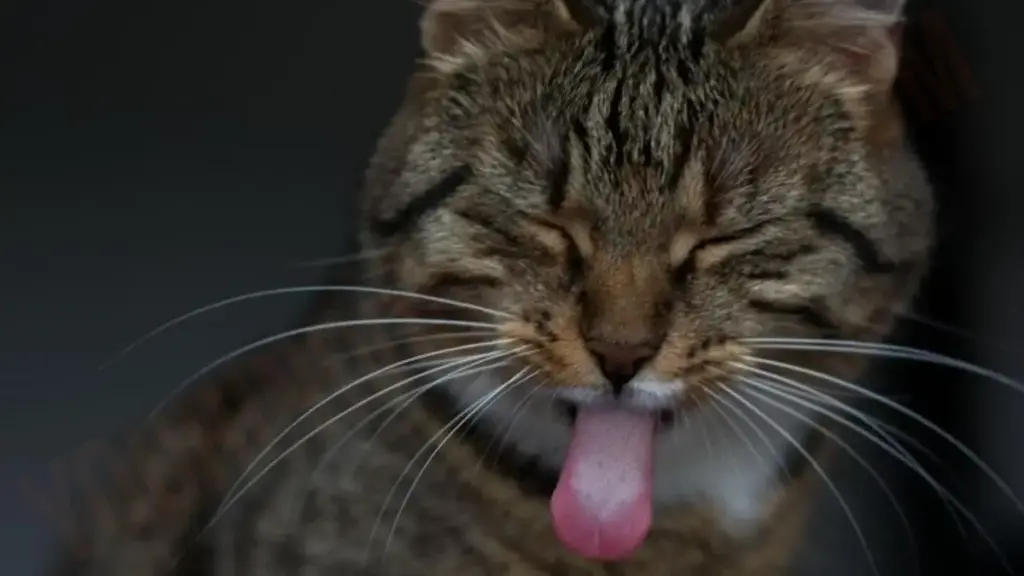Are Hoya Plants Toxic to Cats? Safe or Dangerous?

If you’ve got a cat who thinks every leaf in your home is a snack, you’ve probably had that uh‑oh moment when they start sniffing your newest plant. We get it — we’ve been there. One fellow plant lover told me, “I adore my plants, but my cat thinks they’re part of the buffet.”
So, what about Hoya plants — those gorgeous, waxy‑leafed vines that look like they belong in a glossy magazine spread? Are they safe for your curious kitty? Let’s spill the (non‑toxic) tea.
Quick Answer: No, Hoya plants are not toxic to cats. According to the ASPCA, all Hoyas, including Sweetheart Hoya (Hoya kerrii), are officially listed as non‑toxic. A nibble might be uncomfortable and cause mild stomach upset, but there are no harmful toxins in the leaves, stems, or flowers.
What Is a Hoya Plant?
Hoyas, also called wax plants, are tropical beauties from the Dogbane family (Apocynaceae), known for their thick, shiny leaves and clusters of star‑shaped flowers. They’re low‑maintenance, long‑lived, and look stunning in hanging baskets or trailing down a shelf.
They’ve become a favorite among plant lovers because they thrive in bright, indirect light, don’t need constant watering, and add instant style to any room. If you’re thinking about adding one to your collection, check out this Hoya plant care guide for tips on keeping them happy and healthy indoors.

The Big Question: Are Hoya Plants Toxic to Cats?
Here’s the happy news: Hoya plants are not considered toxic to cats. The ASPCA lists them as safe for pets, and while they don’t contain any dangerous compounds, eating a large amount of leaves or sap might still cause a bit of discomfort — nothing serious, but worth keeping an eye on. As one plant enthusiast likes to say, “Finally, a plant I don’t have to hide from Mr. Whiskers.”
If My Cat Eats Hoya, What Happens?
“Safe” doesn’t mean “all‑you‑can‑eat.” If your cat chews a lot of Hoya leaves, they might get a mild tummy ache. Possible signs include:
- A bit of vomiting or diarrhea
- Drooling or excessive salivation
- Temporary loss of appetite
- Mild stomach discomfort
These usually pass quickly, but if your cat seems off for more than a day, give your vet a call.

How to Keep the Peace Between Cats and Plants
Even with non‑toxic plants, it’s smart to set some boundaries:
- Hang them high: a trailing variety like the Hoya carnosa look amazing in hanging baskets or on tall shelves.
- Distract with cat‑friendly greens: cat grass or catnip can keep them busy.
- Skip risky fertilizers: choose pet‑safe plant food so your soil stays as safe as your plant.
FAQs
Are all Hoyas cat friendly?
Yes. All commonly grown Hoya varieties—including Hoya kerrii (Sweetheart Hoya), Hoya carnosa (Wax Plant), and Hoya australis—are considered non-toxic to cats according to the ASPCA and plant experts. While a curious nibble might cause minor stomach upset, they are not poisonous.
Is the milky sap from Hoya plants dangerous for cats?
No. The milky latex sap that Hoyas produce when cut or damaged is not toxic. While it can be slightly irritating to the mouth in large quantities, leading to drooling, it does not contain the harmful compounds found in other sap-producing plants. If you get sap on your hands while pruning, simply washing it off is sufficient.
Are Hoya plants toxic to dogs?
No. Hoyas are non-toxic to both cats and dogs. This makes them an excellent choice for pet-friendly households.
Why Hoyas Are a Win for Pet‑Friendly Homes
They’re beautiful, easy to care for, and — best of all — safe for your furry roommates. Whether you’re a seasoned plant parent or just starting your indoor jungle, a Hoya is a worry‑free way to add greenery to your space.
So there you have it: Hoyas are a win‑win — style for you, safety for your cat. Enjoy their trailing vines and fragrant blooms without the stress of wondering if they’re harmful.
Disclaimer: This article is for informational purposes only and is not a substitute for professional veterinary advice. If your pet is ill or you suspect poisoning, contact your veterinarian immediately.
